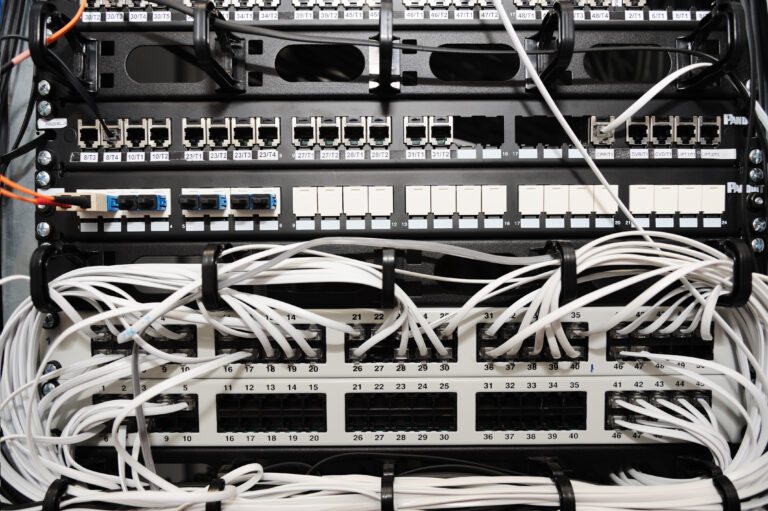How Less Corporate Real Estate Leads to More Colocation Demand
As the world becomes more digital, remote work is on the rise. With the COVID-19 pandemic forcing many companies to adopt a flexible working policy, employees are no longer tied to their desks in an office environment. This shift towards remote work has led to changes in how businesses operate and what they need from data centers.
One of the most significant trends that have emerged as a result of this change is the increasing demand for colocation services. Colocation allows businesses to rent space in a third-party data center where they can store their servers and other IT equipment. By doing so, organizations can reduce costs while still having access to high-quality infrastructure and support.
In this blog post, we will explore why less corporate real estate leads to more colocation demand and how it’s shaping the future of work.
The Rise of Remote Work and Colocation
Remote work has become increasingly popular over the years, with more than half of all workers around the globe now working remotely at least once per week. The pandemic accelerated this trend, leading to a surge in the number of people working from home or other non-traditional locations.
This shift towards remote work has had a profound impact on how businesses operate, including their approach to data storage and management. Companies can no longer rely on traditional data centers that require extensive physical infrastructure and maintenance. Instead, they must turn to colocation providers who offer scalable solutions that meet their specific needs.

Why Companies Are Choosing Colocation Over Traditional Data Centers
There are several reasons why companies are choosing colocation over traditional data centers. One of the primary benefits is cost savings. By using a colocation provider, businesses can avoid the upfront expenses associated with building and maintaining their own data center. They also save money on energy costs since colocation facilities often use renewable energy sources and are designed for maximum efficiency.
Another advantage of colocation is flexibility. Organizations can scale up or down quickly depending on their changing needs. Additionally, colocation providers typically offer advanced security measures, such as biometric scanners and multi-factor authentication, which help protect against cyber threats.
The Future of Work and the Role of Colocation in Shaping It
As remote work continues to grow, the role of colocation providers will only increase. These providers will play a critical part in ensuring that businesses can continue to operate efficiently and securely regardless of where their employees are located.
Colocation providers will also be responsible for helping organizations navigate the complex landscape of cloud computing and hybrid IT environments. They will provide the necessary expertise and resources to ensure that companies can take full advantage of these technologies without sacrificing performance or security.
In conclusion, the rise of remote work and the resulting decrease in corporate real estate have created a greater need for colocation data centers. As businesses look for ways to cut costs and improve operational efficiencies, colocation providers will continue to play a vital role in shaping the future of work.




